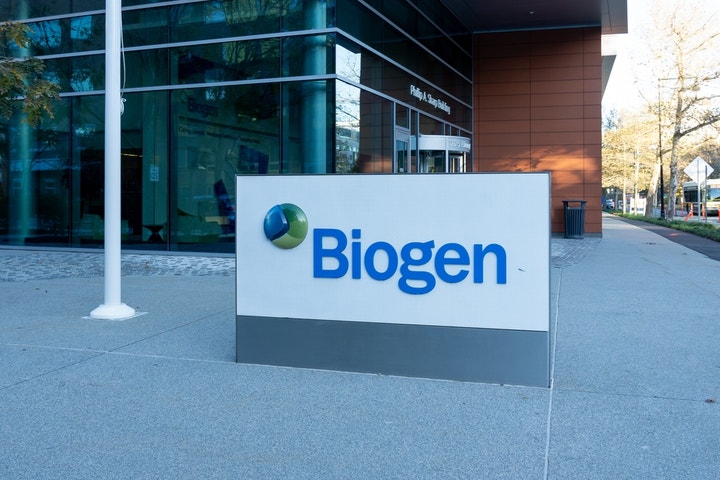Biogen Inc. CEO Chris Viehbacher expressed optimism that a successful trial of Novo Nordisk A/S’s weight-loss drug could pave the way for innovative treatments in Alzheimer’s disease. In a recent interview with Bloomberg News, Viehbacher stated that the outcomes from Novo Nordisk’s ongoing research might allow for synergistic therapies, combining Biogen’s drug Leqembi with Novo’s semaglutide, should results prove favorable.
Viehbacher drew parallels between Alzheimer’s treatment and other complex conditions that often necessitate multiple drugs with diverse mechanisms of action. He acknowledged the potential for using Novo Nordisk’s semaglutide, the active component in its diabetes drug Ozempic and weight-loss injection Wegovy, to enhance therapeutic outcomes for Alzheimer’s patients. Nevertheless, he highlighted that Alzheimer’s research tends to be a lengthy process, complicating the timeline for any potential combination trials.
Clinical Trials and Emerging Therapeutics
Novo Nordisk is currently conducting clinical trials to assess semaglutide’s efficacy in slowing the progression of early Alzheimer’s. Preliminary studies suggest that semaglutide may have beneficial effects by reducing inflammation and enhancing vascular health. Results from a significant late-stage study are expected later this year, and the outcomes could reshape the landscape of Alzheimer’s treatment.
While acknowledging that obesity is a recognized risk factor for Alzheimer’s, Viehbacher characterized Novo’s approach as “a fairly risky proposition.” He noted that skepticism remains among experts regarding the drug’s ability to effectively address Alzheimer’s symptoms. Notably, semaglutide has been shown to alleviate symptoms related to heart failure in individuals with obesity, whether or not they have type 2 diabetes.
In March 2024, Wegovy received approval from the Food and Drug Administration (FDA) for expanded use, marking a significant advancement in preventive health strategies. This approval aims to substantially reduce the incidence of major adverse cardiovascular events (MACE), such as cardiovascular death, nonfatal heart attacks, and strokes. This development underscores the potential of semaglutide to contribute positively to overall health outcomes.
Implications and Future Prospects
The potential for combining therapies in the treatment of Alzheimer’s reflects a broader trend in medicine towards multi-faceted approaches to complex diseases. Biogen’s consideration of testing Leqembi alongside Novo’s therapy signifies a willingness to explore innovative treatment pathways that could improve patient outcomes.
As the pharmaceutical landscape evolves, both companies will need to navigate the complexities of clinical trials and regulatory approvals. The approval of other weight-loss drugs, including Eli Lilly and Co.’s Zepbound for sleep apnea in December 2024, highlights a growing interest in leveraging existing medications for new therapeutic indications.
In summary, the intersection of weight management and Alzheimer’s treatment presents both challenges and opportunities. The forthcoming trial results from Novo Nordisk may not only impact the future of Alzheimer’s therapies but also contribute to innovative strategies in the fight against complex diseases.







































































